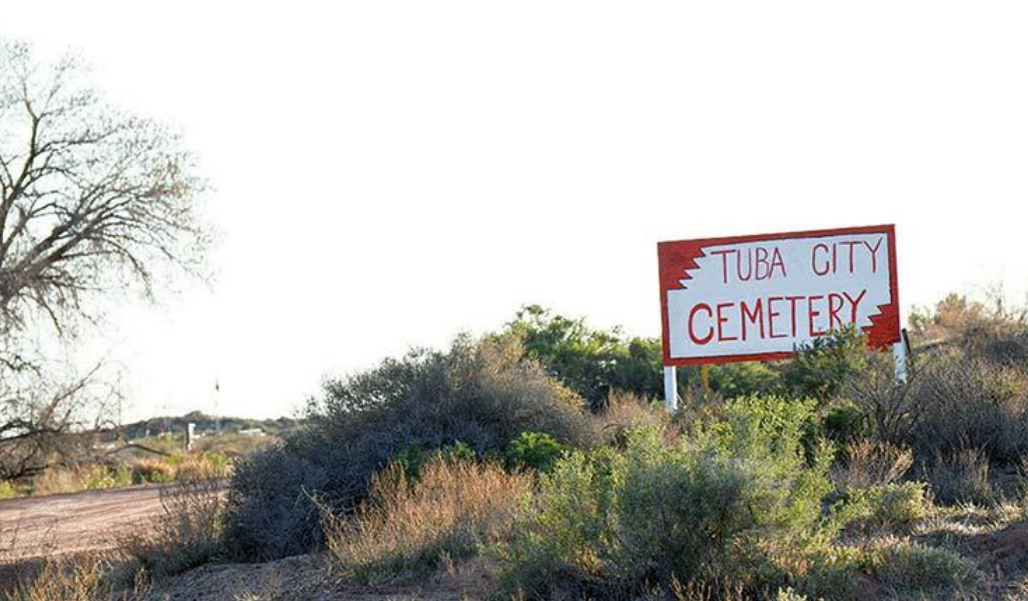
- Details
- By Native News Online Staff
WASHINGTON — FEMA sent a letter to tribal leaders on Feb. 26 to announce a virtual tribal consultation session set for Thursday, March 4 from 2:00-4:00 p.m. – EST to seek information on tribal policies set in place to assist burial expenses of tribal citizens who have died from Covid-19.
The consultation will allow tribal leaders to provide input on how to spend $2 billion allocated to FEMA to distribute to provide assistance for funeral expenses from Covid-19 related deaths. It was not clear how much of the $2 billion will ultimately be provided to tribal nations.
The $2 billion became available to FEMA from the Coronavirus Response and Relief Supplemental Appropriations Act of 2021 passed by Congress in Dec. 2020 and then signed into law by the president.
The law provides FEMA with an unprecedented $2 billion to reimburse individuals and households for COVID-19-related funeral expenses incurred between January 20, 2020 and December 31, 2020 at 100% federal cost-share. FEMA would like to hear tribal concerns on the process to support the delivery of funeral assistance.
During the tribal consultation session, Recovery Directorate staff will provide a brief overview of:
FEMA funeral assistance,
the key provisions of the proposed interim policy, and
the simplified delivery processes and procedures being advocated to reduce the administrative burden on eligible applicants
Registration: Please register in advance for the session, via Zoom. After registering, you will receive a confirmation email containing information about joining the session.
Written Comments: Questions and written comments may be directed to the Individual Assistance Division by email at [email protected] or through FEMA Regional Tribal Liaisons until March 15, 2021. Contact information for FEMA Tribal Liaisons may be found at www.fema.gov/about/contact.
More Stories Like This
Native News Weekly (August 25, 2024): D.C. BriefsDeb Haaland Earns Endorsement From Communications Workers of America Local 7076
University Soccer Standout Leads by Example
Two Native Americans Named to Democratic Congressional Campaign Committee's“Red to Blue” Program
Cheyenne River Youth Project Hosts Young Women’s Winter Camp as Part of Lakota Culture Internship
Help us defend tribal sovereignty.
At Native News Online, our mission is rooted in telling the stories that strengthen sovereignty and uplift Indigenous voices — not just at year’s end, but every single day.
Because of your generosity last year, we were able to keep our reporters on the ground in tribal communities, at national gatherings and in the halls of Congress — covering the issues that matter most to Indian Country: sovereignty, culture, education, health and economic opportunity.
That support sustained us through a tough year in 2025. Now, as we look to the year ahead, we need your help right now to ensure warrior journalism remains strong — reporting that defends tribal sovereignty, amplifies Native truth, and holds power accountable.
 The stakes couldn't be higher. Your support keeps Native voices heard, Native stories told and Native sovereignty defended.
The stakes couldn't be higher. Your support keeps Native voices heard, Native stories told and Native sovereignty defended.
Stand with Warrior Journalism today.
Levi Rickert (Potawatomi), Editor & Publisher

